Financial Planning for Educators – What You Need to Know Now.
- Date May 23, 2023
Educators are essential in our society and help shape the future of the next generation. While it is known that being an educator is not the highest-paying career path, there are still financial aspects that should be done before and during your career.
Educators are essential in our society and help shape the future of the next generation. While it is known that being an educator is not the highest-paying career path, there are still financial aspects that should be done before and during your career.
Being an educator has many hidden perks, and once you find them, you may be wondering why you weren’t told about them sooner.
Here are some financial planning tips that can benefit nearly any educator in their field.
1. Pay off Your Student Loans
For any teacher that just graduated, they may have student loans to repay that they borrowed to get through school. If the amount they owe is a lot, interest charges make it harder and harder to pay off the loan entirely.
One of the top priorities is to pay off your student loans as fast as possible so it does not continuously become a financial burden in the future. For teachers, depending on the subject and department you teach, you can get a set amount of your’s canceled. The Teacher Loan Forgiveness allows qualifying applicants to receive up to $17,500 in loan forgiveness.
You must be a highly qualified teacher to be qualified for this forgiveness, which may sound daunting, but it only requires three completion areas.
To be considered a highly qualified teacher, you must have attained at least a bachelor’s degree, received full state certification as a teacher, and not had certification or licensure requirements waived on an emergency, temporary, or provisional basis.
The Teacher Loan Forgiveness program can help many educators relieve some of their stress due to paying back their student loans. When it comes to these repayments, any penny counts.
2. Claim your Educator Tax Deductions
When the tax season comes around, everyone pulls together their tax documents from the previous year to ensure they get the most out of their refunds and — most importantly — file their taxes correctly.
For educators, there are tax deductions explicitly dedicated to them. For example, an above-the-line tax deduction of up to $300 is primarily for classroom supplies. It is essential that when you buy your classroom supplies, you keep the receipt from the purchase. If you own only some of the receipts, make sure that you keep a log of all the supplies you have bought for your classroom.
Make sure to get back every penny you can for the supplies you dedicate to your work as an educator, and while the school may not supply all supplies you need in the classroom, it is good to know you can get a tax deduction due to your purchase of them.
3. Search for supplies
While on the topic of classroom supplies, you do not always have to purchase them to get them. Sometimes, you can score all — or most — of your necessary classroom supplies from colleagues who may have extras or can let you borrow them.
Educators know what other educators have to go through to get supplies sometimes, and with that, they may be more willing to share or donate essential materials to you. It’s never bad to ask for some help in this department.
Retired or teachers leaving may want to get rid of their supplies to downsize the amount they have to move out. This is the best case to help them out by taking some materials off their hands and helping your classroom get what is needed.
Other teachers are not the only people you can ask for help gathering supplies; parents are also a great group of people to ask — especially since their children will use them. Sending home a wishlist with classroom supplies, or letting them know during parent-teacher conferences, will be an excellent opportunity to get the word out there that donated materials are greatly appreciated.
With supplies getting increasingly expensive, finding any way to get them for free is a great technique to keep your classroom and bank account full. Saving money is always good, and doing it, in any case, is a beautiful task to accomplish.
4. Use the Teacher Discount
Many people might not know this, but a discount is explicitly made for educators. While not available at all stores, it is never wrong to ask if they do.
A teacher discount is just like a military discount in which educators get a set percentage taken off of their total. The total could be 10% or 15%, depending on the store you ask. These discounts can be good when purchasing classroom supplies, books and magazines, electronics, entertainment, clothes, and more.
Get the most out of being an educator, and it never hurts to ask if a store has a teacher discount. When you ask, and it gets applied, you may be surprised how much you can save.
5. Tutor on the Side
While being a teacher may be your primary source of income, having a short side of money never hurts. Tutoring is a great side hustle to get a little more cash in your pockets — especially with the price of goods increasing due to inflation. You can do tutoring after-school or on the weekends, and it doesn’t have to be extended. You can set the hours of your tutoring sessions to what you desire and the cost of them as well.
Teachers nationwide have noted performing tutoring jobs that paid anywhere from $20 to $100 an hour. Check your town’s local job board or online page to see if any parents need a tutor for their child. Tutoring is a great way to continue doing what you love and do the tasks that made you want to become a teacher. It expands your insight into teaching and continues your efforts into shaping the next generation.
Teaching is not the highest-paying job but is one of the most valuable. Being an educator may only sometimes supply the big bucks, but by following these tips, you can make the most out of your savings and what you can get back by being a teacher.



